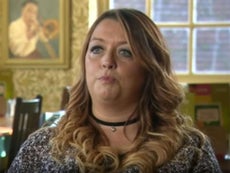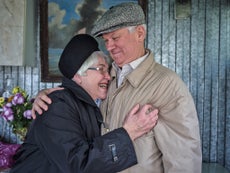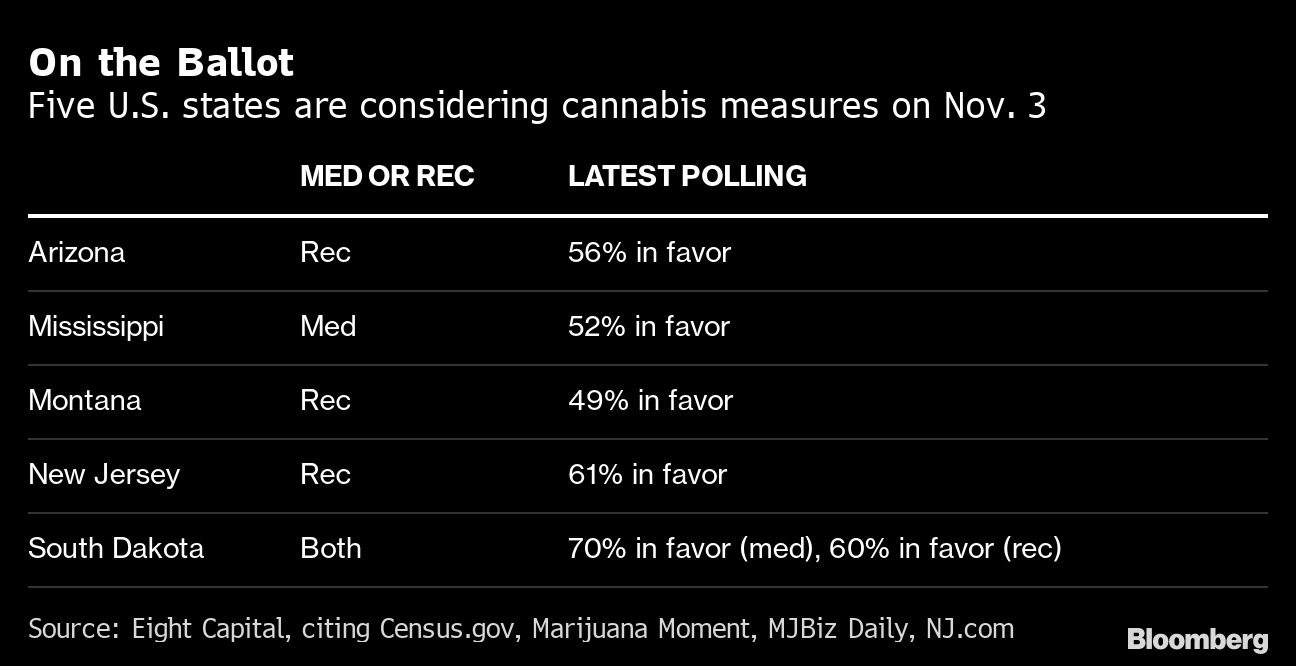At issue is whether courts can hold churches liable for inflicting emotional distress during religiously motivated processes

Dozens of lawsuits across the country have accused the Jehovah’s Witnesses of mishandling abuse allegations inside the church.
Elders at a Utah congregation of Jehovah’s Witnesses allegedly forced a 15-year-old to listen to a recording of her rape over and over again for hours as part of a religious inquiry, a lawsuit before the Utah Supreme Court claims.
The case seeks to hold the leaders and the church at large responsible for inflicting emotional distress.
The church claims, and lower courts have ruled, that to hold them liable would violate the religious freedoms of the First Amendment of the US Constitution, since it involves weighing the appropriateness of religious conduct.
In duelling briefs, as well as oral arguments for the case on Monday (recordings of which are not yet available), the two sides wrestled over the meaning of this bedrock of American civil rights law.
Karra Porter, a lawyer representing the church, argued there was a difference between the government regulating physical harm and that of the facts in the case, according to the Desert News.
But at least one justice seems not see it that way.
The suit, originally filed in 2016, argued that the leaders of a congregation in Roy, Utah, made the teen girl sit and listen to the recordings for hours in 2008 as part of a religious inquiry. The woman in question, now an adult in her 20s, said in court documents a fellow Jehovah’s Witness, age 18, bullied her and allegedly raped her three times, including one instance in which the man involved recorded the incident.
This triggered an investigation from the church in early 2008, where the leaders called the girl and her parents into a committee which would decide whether she had engaged in sinful conduct. During the meeting, they played the recording on and off “for hours” in an attempt to extract a confession, according to court documents, as the girl “continued crying and was ‘physically quivering’ from the trauma of having to listen to her assault over and over.”
This led, her lawyers say, to anxiety, nightmares, loss of appetite, and poor performance in school, leading her to seek damages from the church.
But two lower courts found that the church couldn’t be held liable.
As the Utah Court of Appeals held in 2019, doing would require “an inquiry into the appropriateness of the Church’s conduct in applying a religious practice and therefore violates the Establishment Clause of the First Amendment," which bars the government from instituting particular religious practices.
Dozens of suits nationwide have accused the Jehovah’s Witnesses of mismanaging or covering up abuse inside the church, including one in early 2020, when the Montana Supreme Court reversed a $35 million judgement against the church for not reporting a girl’s abuse to authorities
The lawyers on the other side have previously argued that neglecting to challenge the church’s alleged actions here would set a precedent that “would give actors free rein to injure others under the guise of religious freedom—a proposition that the US Supreme Court has rejected repeatedly for over a century.”
Lawyers representing the church and the alleged victim did not immediately respond to a request for comment.












